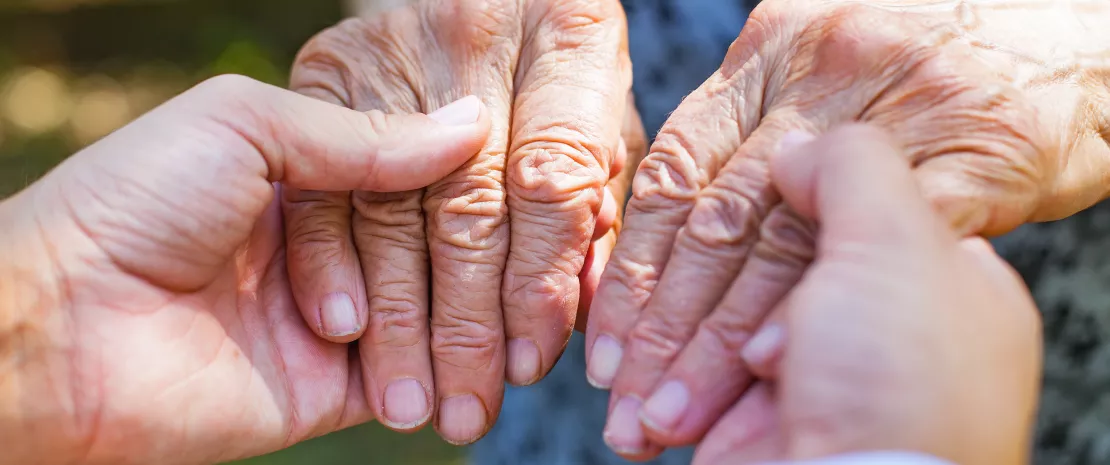Parkinson’s disease: the walls are closing in on Desulfovibrio bacteria
Desulfovibrio bacteria in the gut could be responsible for Parkinson’s disease. So concludes a Finnish study that suggests the possibility of screening for, and even preventing, the disease.
- Learn all about microbiota
- Microbiota and related conditions
- Act on your microbiota
- Publications
- About the Institute
Healthcare professionals section
Find here your dedicated section
Sources
This article is based on scientific information

About this article
What do Pope John Paul II, actor Michael J. Fox (Marty McFly in Back to the Future) and boxer Muhammad Ali have in common? All have been affected by Parkinson’s disease, a degenerative brain disorder characterized by tremors. However, like the nearly 9 million people worldwide affected by the disease, these celebrities also have in common a bacterium called Desulfovibrio. Or to be more precise, an excess of this bacterium, which is thought to be present in (too?) large quantities in Parkinson’s sufferers, particularly those with severe forms of the disease.
Parkinson’s disease is a degenerative condition of the brain associated with motor symptoms (slow movement, tremors, rigidity, and imbalance) and other complications, including cognitive impairment, mental health disorders, sleep disorders, and pain and sensory disturbances.A
Gastrointestinal dysfunction is another major feature of Parkinson’s and gut dysbiosis has been observed in patients. Numerous studies have shown that the gut microbiota, via the gut-brain axis, plays an important role in Parkinson’s risk and its progression.B
Source:
A) OMS / WHO
B) Tan, A.H., Lim, S.Y. & Lang, A.E. The microbiome–gut–brain axis in Parkinson disease — from basic research to the clinic. Nat Rev Neurol 18, 476–495 (2022).
From bacteria to brain aggregates
Are these bacteria responsible for the disease? Yes, according to the results of a Finnish study published in 2023. Their work involved experiments on nematodes – round, slender worms – and, more specifically, worms called C. elegans, which were fed Desulfovibrio bacteria extracted from the stools of Parkinson’s patients or their healthy spouses. The researchers found that the worms fed Desulfovibrio bacteria from the Parkinson’s patients developed protein aggregates in the brain typical of the disease that were greater in number and size when compared to worms fed the same bacteria from the spouses’ stools. In other words, strains of Desulfovibrio bacteria, particularly those from Parkinson’s patients, promote the accumulation of aggregates.
8.5 million Global estimates in 2019 showed over 8.5 million individuals with Parkinson disease.
329 000 deaths In 2019, Parkinson disease caused 329 000 deaths, an increase of over 100% since 2000.
Increased mortality
Furthermore, worms fed with Desulfovibrio bacteria from Parkinson’s patients were more likely to die after four days. This excess mortality may be explained by the greater virulence of the bacteria taken from Parkinson’s patients.
This discovery raises enormous hopes of finding a way to identify Parkinson’s patients by tracking the bacteria in their stools, but also of one day being able to slow down or even prevent the disease by eradicating these pathogenic bacteria or simply limiting their number.
The prevalence of Parkinson's disease has doubled in the past 25 years.
Men are more affected than women












